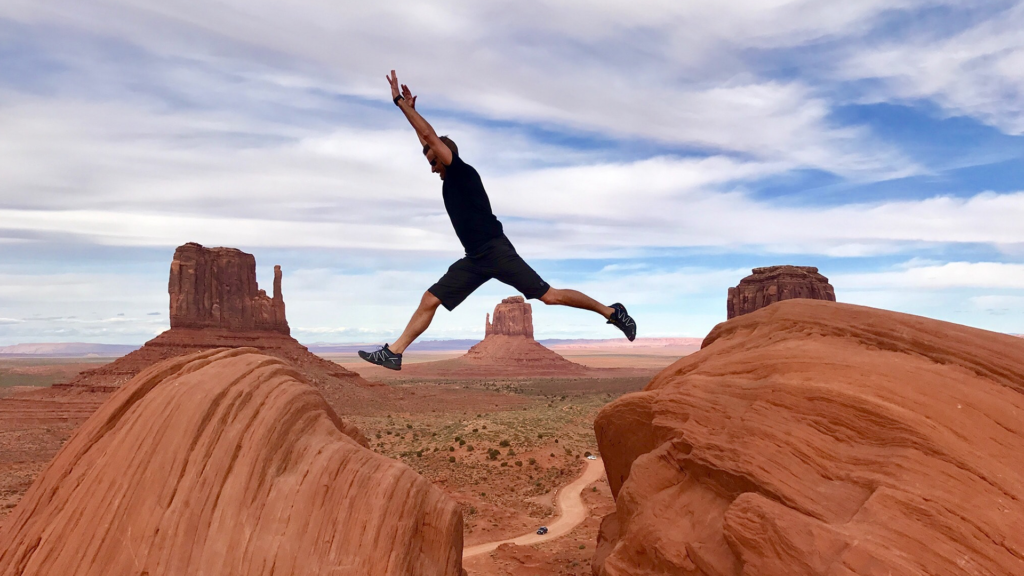While conducting Action Reflection Learning sessions for managers recently, I was reminded of such a thought that “the hardest part is moving from the position of an expert to that of a learner.”
When you’ve been a manager and/or expert for a very long time and you’re paid to know and know how, it’s not easy to admit ignorance. Well, because how can you admit that with almost twenty years of career and a dozen years of managing a team, you don’t know how to ask the question. Not any question, of course, but an open-ended, short question, and one that broadens the interviewee’s perspective and is asked with curiosity and openness to the answer whatever it may be.
Sure there are some people who intuitively ask such questions, however, if you are not such a lucky person/area, then developing such a skill in yourself requires decent training, and then of course practice, reflection, correction and trying again.
How do you ask habitually?
The questions that are usually asked in Action Reflection Learning sessions at the beginning are firstly closed, that is, they start with “if.” In our brains, through years of school, college and onward life, we have developed a connection comparable to a four-lane highway, that the question = if… and continuation? What is the answer to such a question: “yes” or “no”. Well, and it is true that the interlocutors are usually not malicious and expand their answer by adding something else to the answer, but the process of exploration in our mind has already been closed. We ticked off the check-list item. Next question. The initiative goes back to the questioner, and the questioner passively waits for the next question.

Secondly, questions are asked with the suggestion, “And have you thought about asking…”, “And wouldn’t it be better to…”, “And have you checked…”, etc.? So we actually give our solution, idea, concept, but “cleverly” disguise it in the cloak of a question. Clever is in quotation marks, because, however, our interlocutor is usually not fooled and treats such a question as advice, a check, a criticism, or sometimes even an accusation, and a defensive reaction follows. Trying to prove that he/she has done everything right, thought of everything and is generally OK.
Third, 90% of the questions are usually about a problem, a task, a solution. We are less interested in the interviewee, his motives, feelings, needs, reflections. Questions about the broader context, relating to the entire system in which the problem is located, are also rarely asked. Meanwhile, each of these three perspectives is valuable and adds a lot to the topic.
The power of open-ended questions
Open-ended questions starting with the words “what”, “where”, “when”, “how”, “for what purpose” asked without assumptions, with curiosity work quite differently. The questioner is clearly getting animated and this can be seen, heard and felt. He begins to explore his own way of thinking and his paths, often saying “that’s a good question” or “I didn’t think of that” or “I didn’t think of it that way.” The best part begins – connecting new ideas in the mind, followed by the formation of new synapses in our brain. We jump out of the potholed ruts, out of the perhaps safe but sometimes already boring road we have always traveled, and enter into unfamiliar territory. Our brain, which is attracted like a magnet by novelties, “enjoys” then, works, remembers.

Jump over the barriers
The questioner seeks and finds a solution – not the questioner. And this is where the first problem arises. When asking a question, we are often the ones who want to show off our wisdom, demonstrate knowledge, solve a problem – and this is the first barrier to asking and learning questions. You have to give up the “crown”, want to be a “kingmaker”, not a “king”/”queen”. This requires maturity, reflection and awareness of why I ask and how I ask.
Barrier two to asking and learning good questions is our tendency toward perfectionism. We are learning and at the same time want it to come out right away. If it doesn’t work out we get frustrated, we say it’s hard, we block ourselves, we let go. Meanwhile, as Marilyn Monroe once said “it’s impossible to exercise and look nice at the same time,” and we like to “look nice” meaning show our wisdom, experience, competence and that we have mastered.
The third barrier is to be solely task-oriented, problem-oriented, and to overlook the person who authored the topic and the broader context in all of this.
So when asking and/or practicing questioning skills, it’s worth asking yourself:
- Why do I ask? To help the questioner(s) get his/her thinking going? Or to show their wisdom? One can do both, just be aware of what I am doing at the moment and why.
- What do I gain by experimenting, even if I deflate a bit and smudge my lipstick a bit, or loosen my tie 😉
- What do I focus on when asking? Which perspective do I prefer and which do I leave out?
If you want to know more contact us.